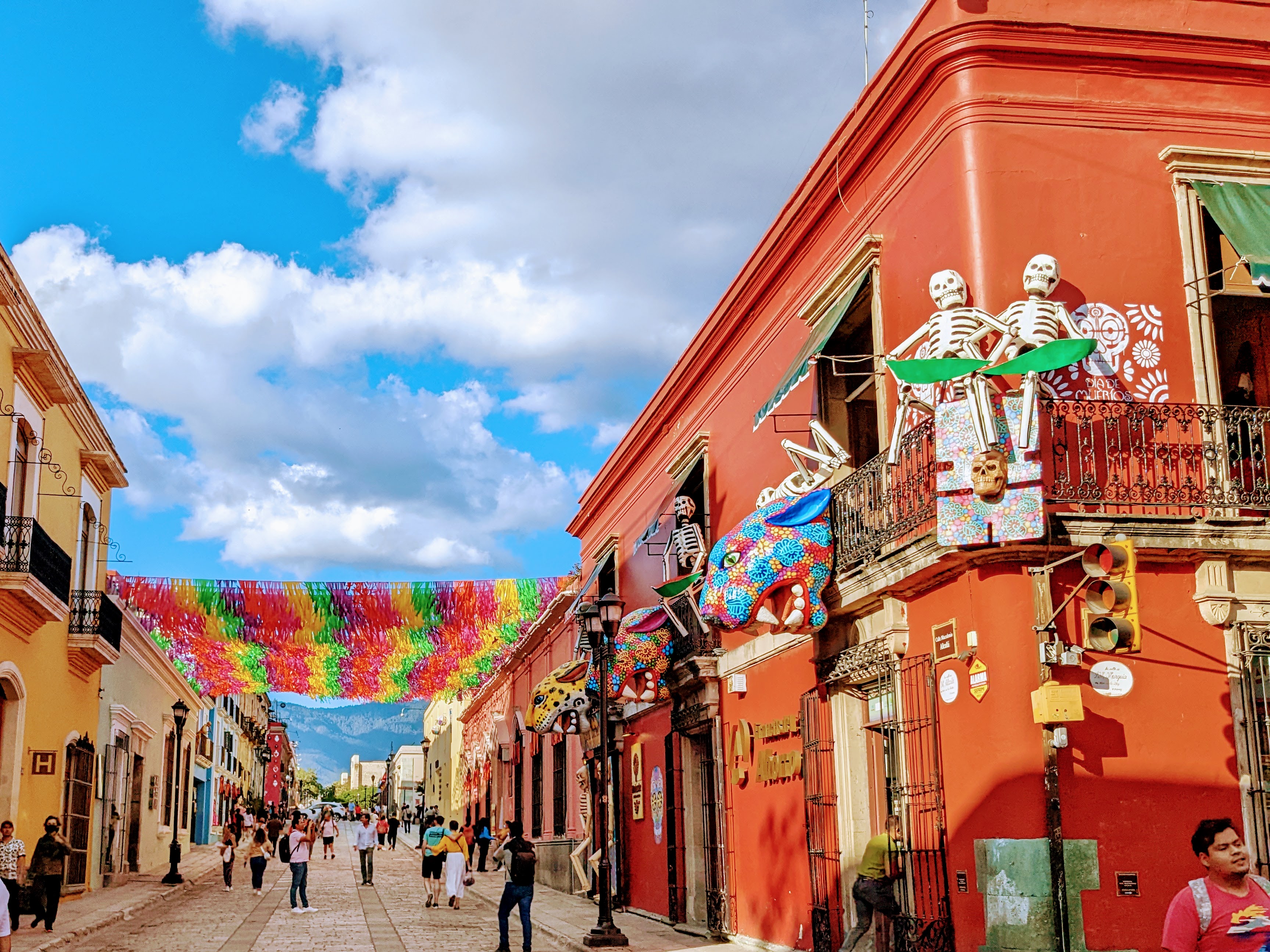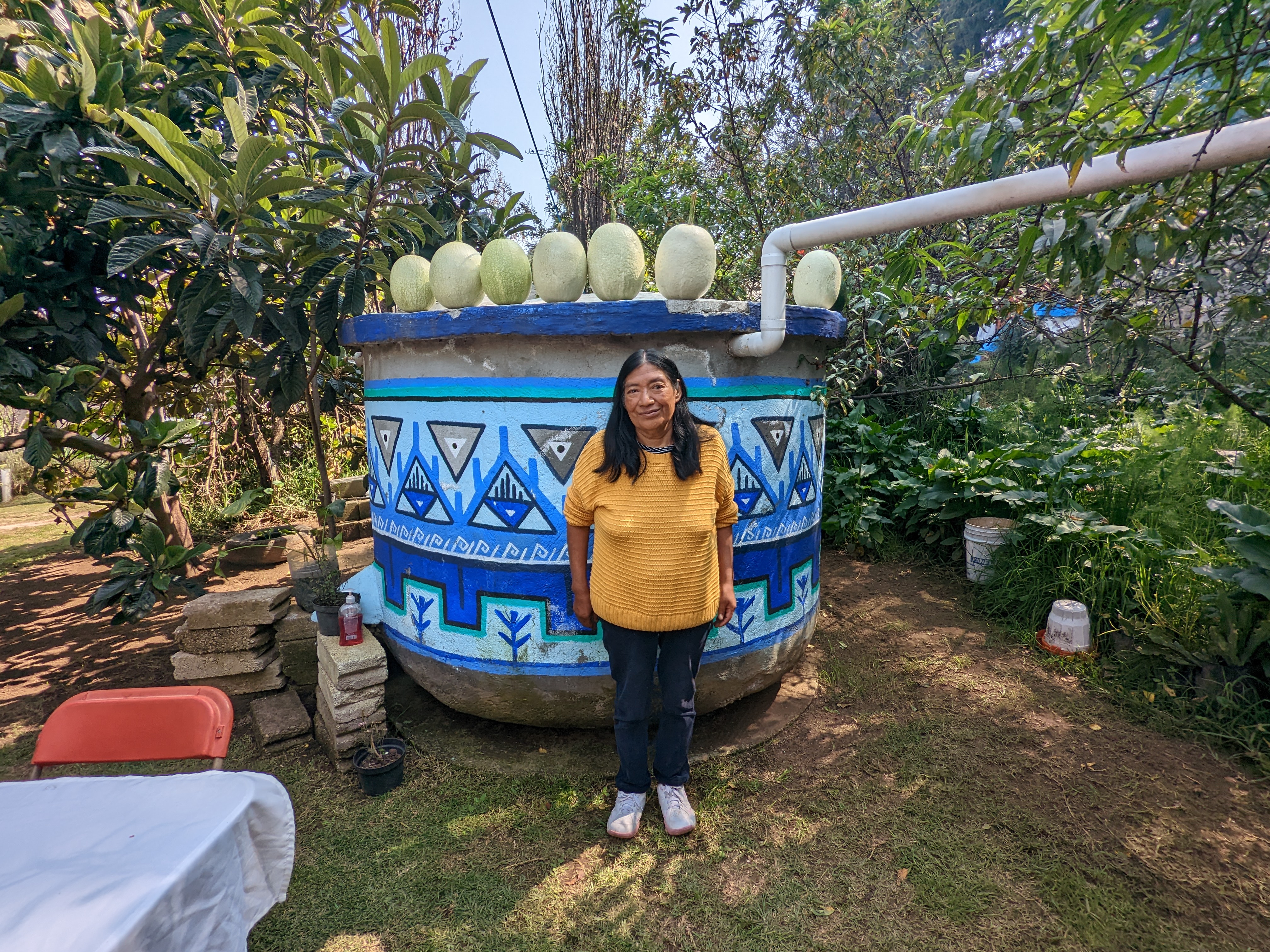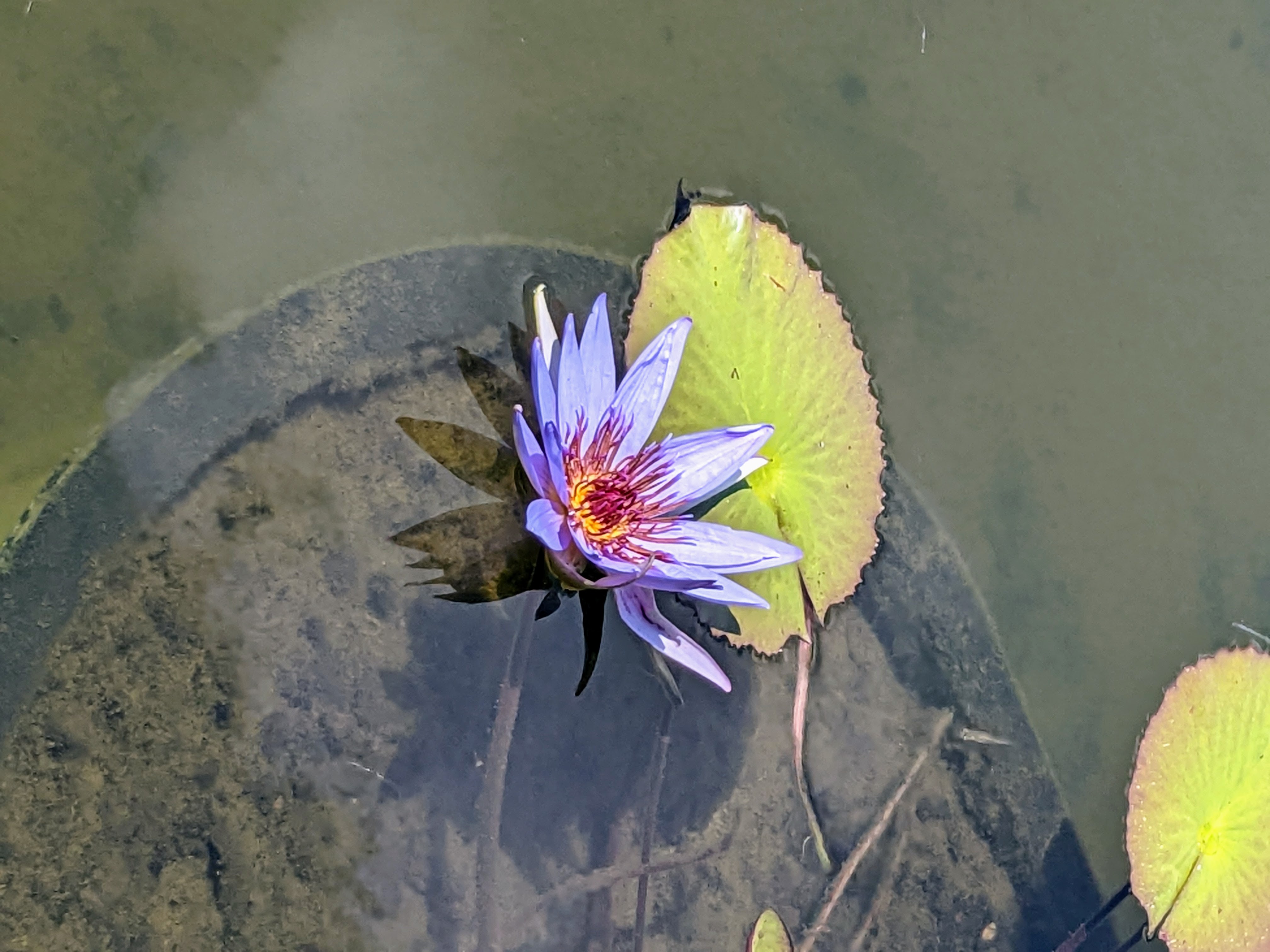Sustainability solutions across the border: Lessons from systems leaders in Mexico
February 14, 2023

By Tracey Coe
The Executive Master of Natural Resources (XMNR) program teaches systems leadership—we read about it, we discuss it, we define it and redefine it. But it wasn’t until we traveled to Mexico as part of our Global Study that I understood what it meant.
Mexico was beautiful, welcoming, humbling, inspiring, and, oh my goodness, the food! It also challenged my perceptions about sustainability and made me realize uncomfortable truths about myself. If you get a chance to visit our southern neighbor with XMNR you will be forever changed. My XMNR Global Study Capstone Project, in ArcGIS StoryMap format, explores the systems leadership we encountered in Mexico in more detail, but I’d like to share with you my main takeaways.
Systems leadership is a two-way street
The Stanford Social Innovation Review lists three capabilities embodied by a systems leader: they see the larger system, they consider viewpoints other than their own, and they inspire the collective creation of a different future. Mexico taught me that this is a two-way street. The leader may embody these capabilities, but their leadership is enabled by the communities they work in. While the leader is able to inspire change, it is the communities that are making those changes. This is especially significant in instances where the rewards of any changes may be intangible or far in the future. Mezcal Amarás, an artisanal mezcal company in Oaxaca, had to figure out this balance.

Mezcal has seen a surge in popularity over the last decade that has led to some major environmental challenges for the industry. Biodiversity loss of agave species from overharvesting, deforestation, and waste management are some of the challenges that Mezcal Amarás hopes to address by creating their own sustainable brand of the spirit. They also want to expand their business by introducing sustainable practices to other Mezcaleros and lift communities out of poverty by introducing them to the industry. This is no easy task. For existing Mezcaleros, they must convince them to leave some agaves unharvested for pollinators and to use some of their profits to plant trees. For newcomers, they must convince them to invest in a business that will not turn a profit for nearly a decade. It is an uphill battle, but Mezcal Amarás has seen some success.
We got to ask some of these sustainable growers why they decided to work with Mezcal Amarás and we kept getting the same answer: they trusted them. Each of these communities believed that Mezcal Amarás would do right by them. Why? Because they embodied the three capabilities described above along with a fourth trait that I believe is absolutely essential to building trust: reliability. When a systems leader says they are going to do something, they show up and do it. It is easy to be skeptical of for-profit businesses’ sustainability claims, but the communities we met with trusted Mezcal Amarás, felt their concerns were heard, and ultimately decided to enter this business in part because it took sustainability more seriously than other brands. And, I believe, the mezcal industry is better off for it.
Systems leadership isn’t a credential we earn, it’s something we do again and again and again
I have fallen into the trap of thinking that there is a point where I will be a sustainability professional. As soon as I land that great job, or once I earn the right credential, or once I’m inside the best organization, I’ll be making the world a better place. Mexico taught me that there is no endpoint. Enacting systems change is an active process that we choose to do. Even if I became the president of the World Wildlife Fund, it would be up to me to make the deliberate decision to try my best every single morning. No one embodies this quality more than Delfín Montañana, Social Environmental Education Director for Isla Urbana.
Isla Urbana is a nonprofit organization working to alleviate water scarcity by implementing rain harvesting systems. Mexico City is one of the most water-stressed cities in the world. Poor infrastructure and planning coupled with explosive population growth has been disastrous, with some projections showing Mexico City running out of water by 2050. Few residents are unaffected, but the poorest are forced to spend 20% of their annual income on unreliable water deliveries by the government. Isla Urbana flipped this system on its head. They developed rainwater catchment systems that could be deployed quickly and cheaply. Then they held community meetings where they listened to the concerns of the individuals they were trying to help. Rather than give away the system for free, Isla Urbana required people to buy it for 20% of the cost so that they were invested in the outcome. They taught them how to maintain their system and keep their roofs clean to make the water as safe as possible. They form relationships with the communities they work in and are continually working to improve people’s lives. As Delfín put it: each water system does more than provide water for a family, it solves an injustice. Since they installed their first rainwater harvesting system 12 years ago, they have installed 27,000 systems across thousands of communities and are working with state governments to implement rainwater harvesting into future planning.

In our sustainability careers, it is often easy and comfortable to operate within the existing system. If things aren’t going the way we hope, we can blame that system for our inaction. In Mexico City, the government’s water system relied on deliveries and piping in water from hundreds of miles away. Isla Urbana could have focused on pushing the government for change, operating within the existing system. Instead, they made the deliberate decision to disrupt that system. This takes bravery and dedication and a whole lot of hard work, but that is what a systems leader does. No amount of titles or education will enable me to do those sorts of things. That is a choice that is up to me to make, no matter what organization I am in.
Mexico does not need me to save it
In the United States, we are bombarded with news that makes Mexico seem synonymous with poverty and danger. It can be easy to think that Mexicans are just sitting around in squalor waiting for us to come and save the day; of course, this couldn’t be farther from the truth. Our neighbors to the south are our partners in sustainability. Their environmental struggles are the same or similar to ones felt in the U.S. And their solutions will be invaluable lessons for us, as ours will be for them. Climate change will affect every country on this planet differently, and the solutions will likely be as varied as our societies. I don’t know and can’t know the solutions to Mexico’s challenges, but I can empathize with them, be inspired by them, and support these amazing organizations that are creating solutions that are truly Mexican.

My XMNR Global Study Capstone Project in ArcGIS StoryMap format explores systems leadership in Mexico in more detail. I encourage you to check it out!

Tracey Coe is a full-time mom, an aspiring science communicator, and a 2022 alum of the XMNR program. She has served as a Park Ranger for the U.S. Army Corps of Engineers, the National Park Service, and the Department of Conservation in New Zealand.


